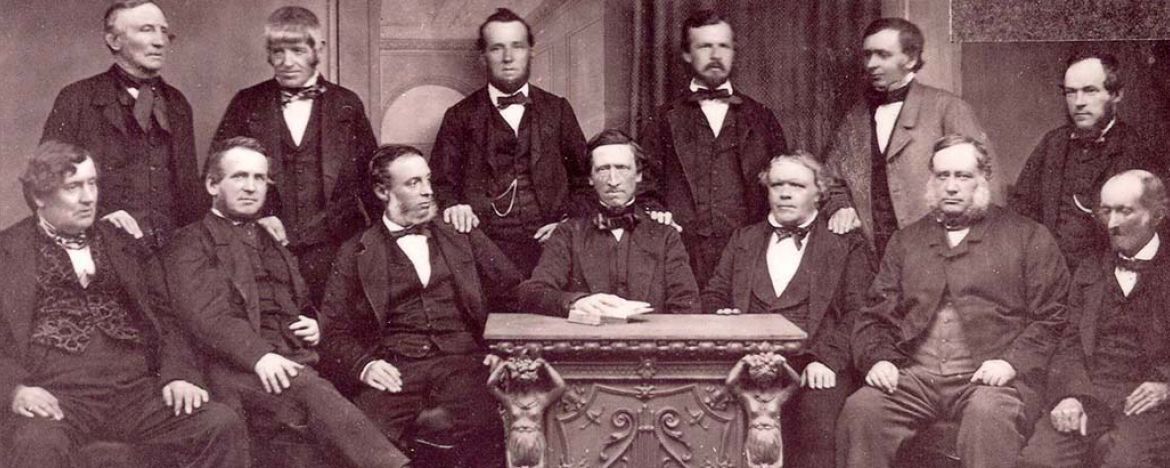
![]()
In 1844 the Rochdale Pioneers founded the modern Co-operative Movement in Lancashire, England, to provide an affordable alternative to poor-quality and adulterated food and provisions, using any surplus to benefit the community. Since then, the co-operative movement has flourished, extending across the globe and encompassing all sectors of economy.
The beginning of the modern co-operative movement
An independently formulated co-operative model developed in Germany by Friedrich Wilhelm Raiffeisen and Franz Hermann Schultz-Delitsch. Raiffeisen and Schultz-Delitsch originally formed credit unions in 1862. Since then the model has grown into other sectors and inspired the growth of financial co-operatives across the world.
The co-operative movement today
The principles that underpinned co-operatives' way of doing business are still accepted today as the foundations upon which all co-operatives operate. These principles have been revised and updated, but remain essentially the same as those practiced by the Pioneers in 1844.
Today the sector is estimated to have around 1 billion members. Co-operatives employ, directly or indirectly, 250 million people around the world. The world's top 300 co-operatives by themselves have an estimated global turnover of 2.2 trillion USD, as revealed by the 2014 World Co-operative Monitor.
The International Co-operative Alliance




